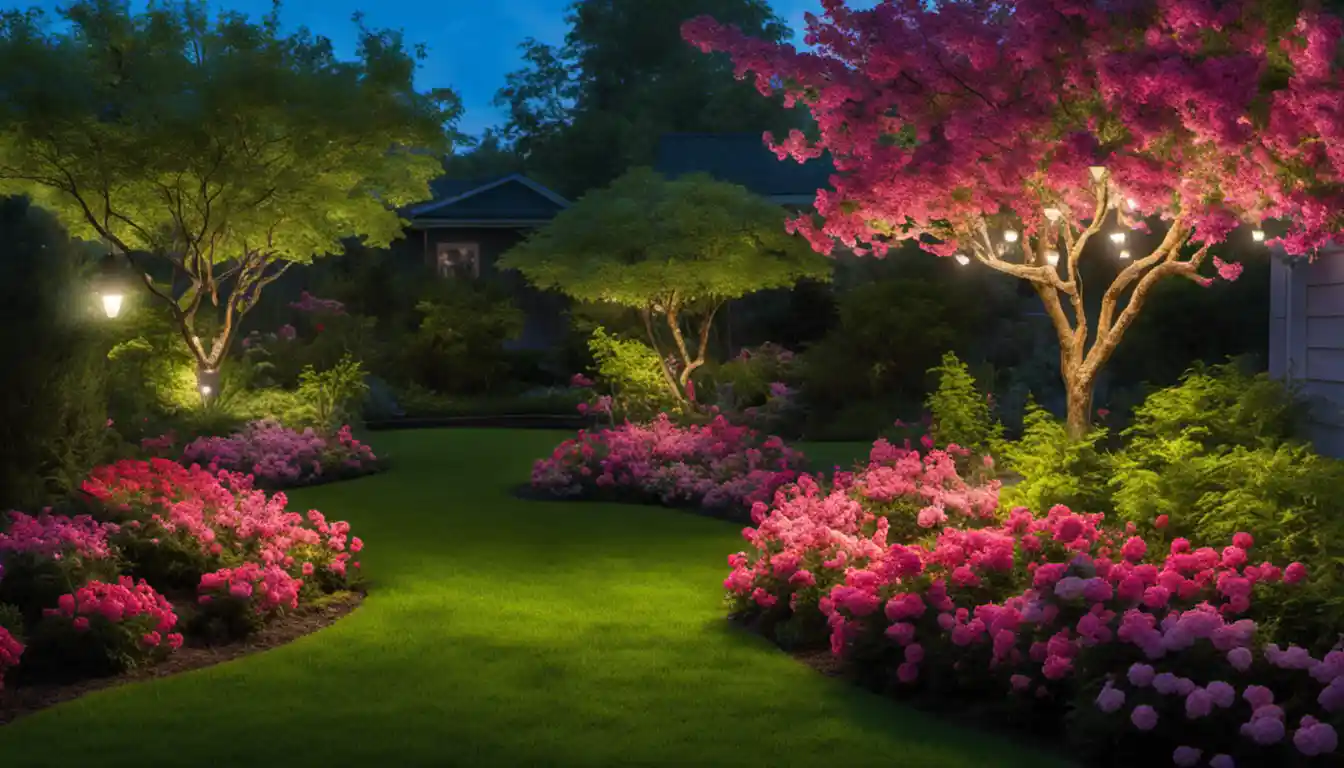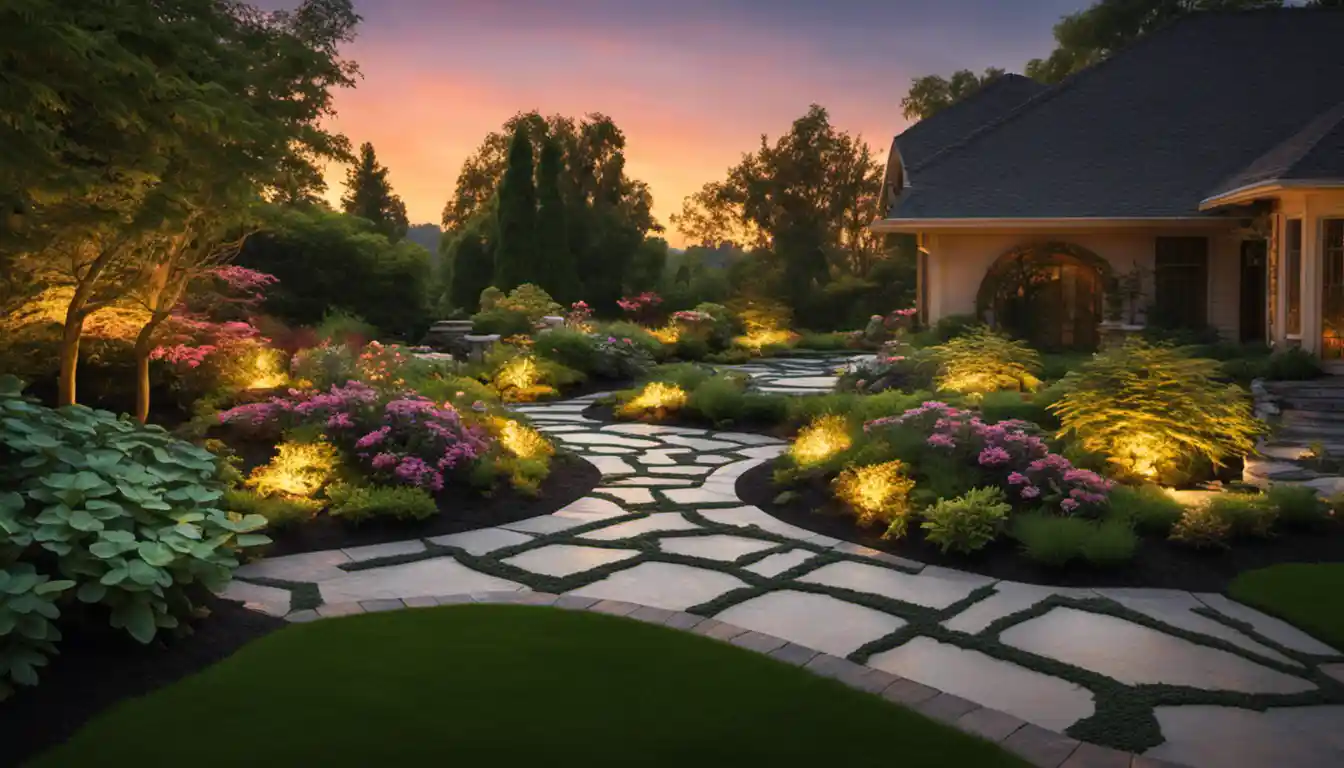Introduction
Solar lights are usually weather-resistant but to add extra protection, you can seal their light casings with clear nail polish or outdoor sealant, especially around joints and the solar panel. Place them in areas where they will not be submerged in huge puddles or heavy rainfall. Do ensure that they are positioned in such a way that the solar panels can still receive sunlight after protection is added.
Understanding Solar Lights Structure
Before we get into the nitty-gritty of how to protect solar lights from rain, let’s understand the basic structure of solar lights. There are three main components:
Solar Panel
The solar panel is the heart of the solar light. It gathers sunlight and converts it into electricity. Much like a mini power plant, it needs to be protected from the rain to keep it efficient.
Light bulb
The light bulb is where all the magic happens. It is the component of the system that emits light. To protect your solar lights from rain, you need to ensure that the bulb and its housing is waterproof.
Battery
The battery stores the energy converted by the solar panel. It is essential that this part is shielded from water to maintain performance.
Importance of Protecting Your Solar Lights from Rain

The effectivity, works, and cost-cutting depends on how you protect outdoor solar lights from the rain. Imagine, after using them for just a couple of months, they get destroyed by a sudden downpour. So, ensuring they are guarded against moisture damage can prolong their life span and save you money in the long run.
Precautions Before Installation
Buying High-Quality Solar Lights
Cheap can be expensive in the long run. When it comes to mitigating the impact of rain on your solar lights, quality is key. Opt for brands that have a proven track record of durability and performance.
Checking the IP Rating
IP rating (Ingress Protection Rating) is a standard that defines the levels of sealing effectiveness provided against intrusion from foreign bodies (tools, dirt, etc.) and moisture. An IP rating of IP44 or higher is recommended for outdoor solar lights.
Ensure Proper Sealing
Look for solar lights that have been properly sealed against water ingress. This typically involves silicone or rubber gaskets that prevent the penetration of water.
Tips on Installation of Solar Lights

Ideal Location for Solar Lights
Choose locations that get ample sunlight during the day but are sheltered from the harshest weather conditions. It’s like finding a nice beach spot – you want the best of both worlds: sun and shade!
Securing the Solar Panels
Ensure the units are secured firmly so they do not get blown over by strong winds, which could lead to water infiltration.
The Role of Outdoor-Rated Extension Cords
If you are using solar lights that need wired connections, make sure that the cords are outdoor-rated and weatherproof.
Using Waterproof Covers
Consider installing waterproof covers over your solar lights or encasing the bulbs in waterproof lanterns for extra protection.
How to Maintain and Check Your Solar Lights Regularly

Keeping the Solar Panels Clean
Simple but true, clean solar panels absorb more sunlight thus maintaining optimal performance. Therefore it’s important to keep them free of dust, dirt, and bird droppings.
Ensuring the Battery Compartment is Sealed
Regularly inspect the battery compartments to ensure that seals have not deteriorated and that water has not infiltrated the compartment.
How to Handle Rain-Damaged Solar Lights
If your solar lights get damaged by rain, don’t fret just yet! Sometimes, the damages can be remedied. You can follow my guide on how to fix solar lights to try and repair them before deciding to replace.
Conclusion
While solar lights are typically built to withstand weather changes, being proactive in protecting them from harsh conditions like heavy rain is the best approach. Learning how to protect solar lights from rain is a worthy investment of time for any homeowner. Not only will these measures keep these brilliant lights shining bright in your garden, but they will also save you money in replacements in the long run.



